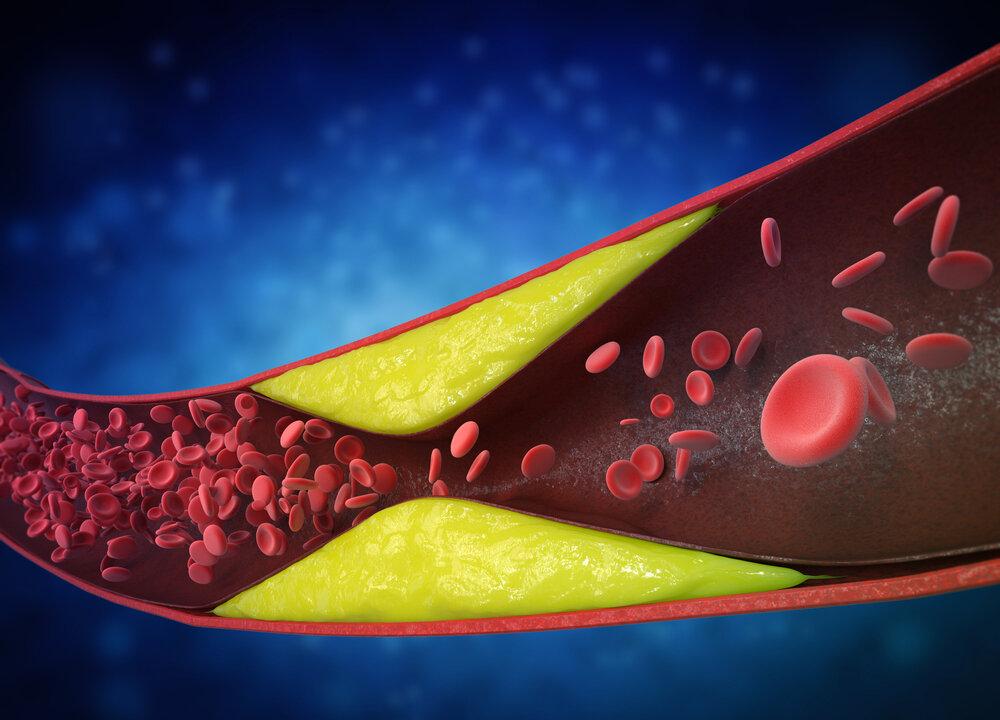Brain health is crucial to our overall well-being, with memory serving as a key indicator of cognitive function. The hippocampus, which plays a central role in learning and memory, naturally deteriorates with age.
Functions of the Hippocampus
Humans have two hippocampi, located in the left and right hemispheres of the brain. The hippocampus has several key functions, including:- Processing and storing new information: The hippocampus helps the brain encode and store new information as memories, making it essential for learning.
- Consolidating and forming memories: The hippocampus consolidates fragmented memories into the brain’s memory system. It is crucial in converting short-term memories into long-term ones, thereby solidifying memory content.
- Processing spatial memory: The hippocampus is essential for remembering our surroundings and creating cognitive maps.
- Processing episodic memory: The hippocampus processes and stores episodic memories, which include our daily personal experiences with specific details about time, place, and events.
Effect of Hippocampal Damage on Memory
Damage to the hippocampus leads to short-term memory impairment, affecting the brain’s ability to learn and retain new information. Many people first notice a decline in memory when they begin experiencing difficulties with recent memories.Nutrients That Protect the Hippocampus
The hippocampus plays a vital role in memory function and spatial navigation. Clinical evidence suggests that these nutrients and compounds can help protect the hippocampus and enhance memory and cognitive abilities:Omega-3 fatty acids
Studies have shown that consuming omega-3 fatty acids through diet and supplements can help maintain cognitive function and prevent Alzheimer’s disease.For example, a woman in her 70s experienced mild cognitive impairment and was treated with high doses of DHA and EPA (two types of omega-3 fatty acids) fish oil supplements. After six months, a follow-up neuropsychological test showed significant improvements in her memory and cognitive function. MRI scans showed that the rate of hippocampal atrophy had slowed, suggesting that omega-3 fatty acids have a protective effect on the hippocampus and can improve overall cognitive performance.
Antioxidants
Antioxidants, found in various foods and certain supplements, can help protect the hippocampus from oxidative damage.A 72-year-old man experienced early-stage memory loss. After six months of dietary adjustments, including a higher intake of antioxidant-rich foods such as blueberries and dark chocolate, his cognitive performance improved. His new diet also involved reducing sugar intake and limiting fried foods. As a result, improvements were observed in both his memory and processing speed. Blood tests also showed a reduction in oxidative stress markers.
Vitamin B12
Research has established a link between vitamin B12 deficiency and cognitive impairment and hippocampal atrophy. Clinical tests have suggested that supplementing with vitamin B12 can improve cognitive function in patients with B12 deficiency, at least in the short term.Curcumin
Curcumin has anti-inflammatory and neuroprotective properties that benefit the hippocampus. A comparative study found that curcumin supplementation can significantly delay the progression of Alzheimer’s disease and improve both locomotion and cognitive functions associated with dementia.In one case, a 60-year-old patient with mild cognitive impairment took a high dose of curcumin alongside other treatments for six months. By the end of the treatment, both his memory and cognitive function had improved, with neuropsychological assessments indicating a partial recovery of his hippocampal function.
Given the individual differences and specific circumstances associated with cognitive health, it is recommended to consult a medical professional for a personalized treatment plan.







